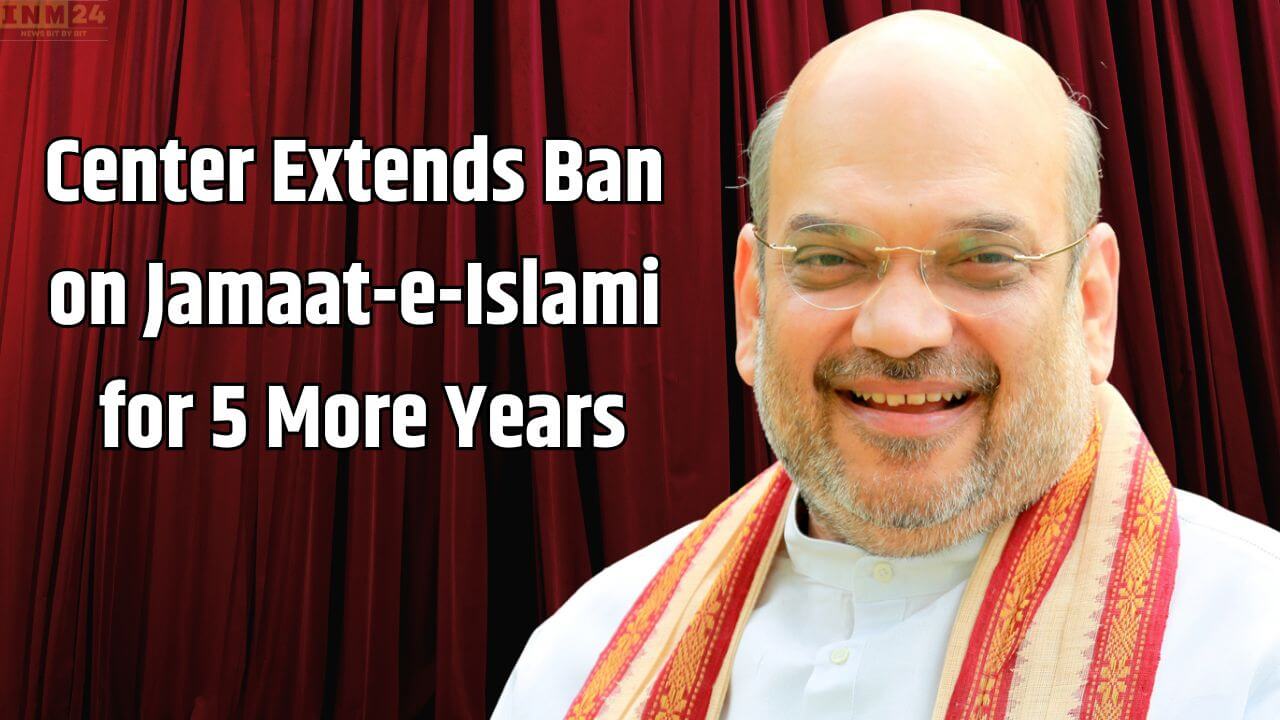In a recent development, the central government has decided to extend the ban on the restricted organization Jamaat-e-Islami for an additional five years. The information was shared by the Union Home Minister, Amit Shah, on his social media platform X. Shah emphasized that any individual posing a threat to the country’s security will face strict action from the central government.
Amit Shah, in his statement, asserted that the government is strictly adhering to Prime Minister Narendra Modi’s policy of zero tolerance towards terrorism and separatism. The ban on Jamaat-e-Islami in Jammu and Kashmir has been extended for an additional five years to ensure the security, integrity, and sovereignty of the nation.
Background of the Ban
The ban on Jamaat-e-Islami in 2019 was imposed due to its alleged involvement in activities against the nation. At that time, protests against the ban erupted in Jammu and Kashmir. The Ministry of Home Affairs stated that the organization, since 1953, had been formulating its constitution and supporting terrorist organizations by engaging in terrorist activities. Notably, Jamaat-e-Islami was accused of aiding and abetting the terrorist group Hizbul Mujahideen.
The decision to extend the ban reflects the government’s commitment to curbing anti-national activities and maintaining peace and security in the region. Amit Shah’s announcement has sparked discussions about the ongoing efforts to counter terrorism and ensure the safety of the nation.
The government’s move has both supporters and critics, with debates centering around issues of national security, individual freedoms, and the impact on the socio-political landscape of Jammu and Kashmir. As the ban is extended, it remains to be seen how it will shape the dynamics in the region and contribute to the larger discourse on counterterrorism measures in India.
